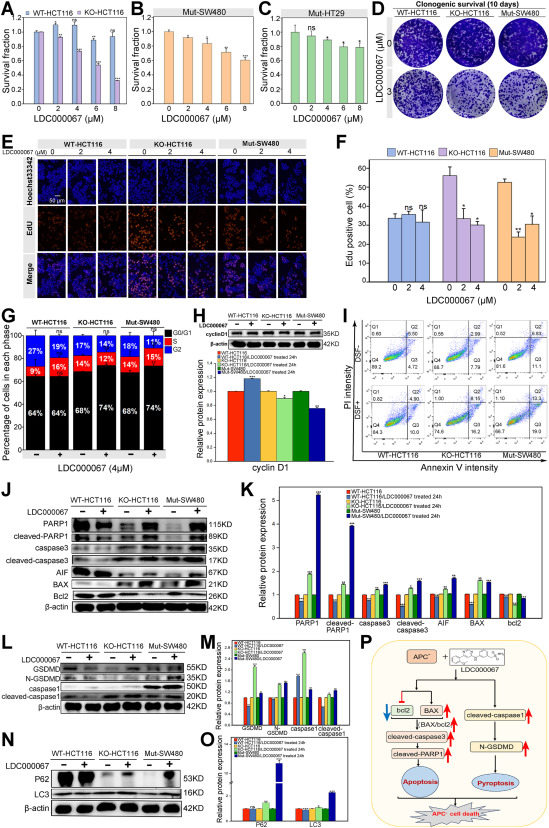
CDK9 inhibitor elicits APC through a synthetic lethal effect in colorectal cancer cells


Colorectal cancer (CRC) is a significant global health concern, ranking third in incidence and second in mortality among all cancer-related diseases.1 Therefore, it is imperative to prioritize research efforts focused on CRC prevention and treatment to effectively reduce the associated incidence and mortality rates. Synthetic lethality (SL) refers to the phenomenon in which cells harboring two specific gene mutations simultaneously undergo cell death, whereas cells with a single mutation in either of the genes can survive normally. SL strategies are widely concerned in personalized cancer treatment, with the application of PARP inhibitors marking a significant milestone.2
